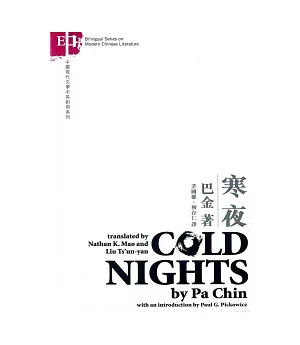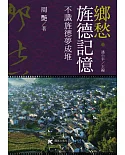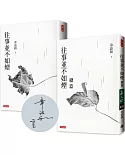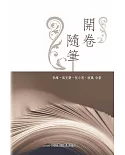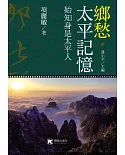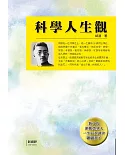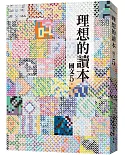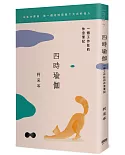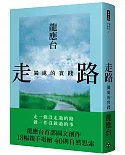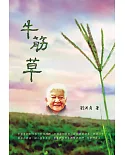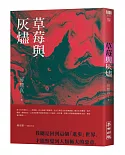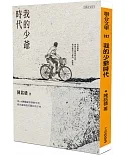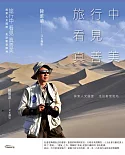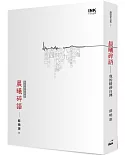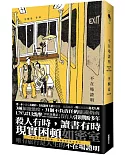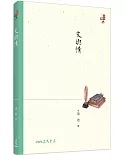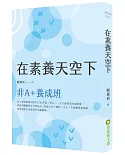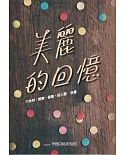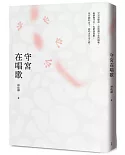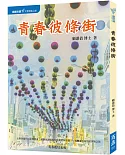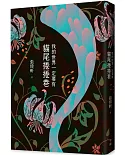Cold Nights (Han-yeh 《寒夜》) ranks alongside Pa Chin's earlier novel Family (Chia 《家》) in importance both as a masterpiece of fiction and as social commentary about China. It is in literature such as this that we see the work of a perceptive and critical eye dealing with a historic epoch, examining life with art and thereby striving to transform both. Pa China has long been recognized as a great modern writer, and the growing popularity of his work in translation testifies to his universal appeal and importance.
First published in 1947, the novel is set in Chungking at the end of World War II. It describes the strain of incompatible relationships between a mother, son, and daughter-in-law as they deteriorate amidst the social weariness and ennui which pervaded China in the 1940s. Victimized by circumstances and by themselves, they are average people seeking average lives; their plight is shared with the rest of humanity and is depicted with compassion tempered with unflinching realism.
2001年獲提名角逐諾貝爾文學獎的巴金(1904–2005),本名李芾甘,二十世紀中國文學重鎮。長篇小說《家》、《春》、《秋》至今風行,影響深遠。1947年面世的力作《寒夜》集中處理新舊交替間知識份子的感情轇轕,並深入描繪抗戰時期大後方的生活,對時代與人物的互動,有罕見的透視。《寒夜》更曾先後兩次搬上銀幕(1955年粵語版;1984年普通話版)。
中文大學出版社刊行的中英對照本邀得美國加州大學聖地牙哥校區歷史系畢克偉教授特撰導讀,重新評估這部長篇的獨到之處。譯者茅國權為美國賓夕凡尼亞州 Shippensburg 州立大學英文系教授,柳存仁為已故澳洲國立大學榮休教授。
作者簡介
Pa Chin
Pa Chin, born in 1904 in Chengtu, Szechwan, experienced the social turmoil that accompanied the birth of modern China and produced a generation of youth committed to revolution. A self-professed anarchist, he found political inspiration in the writings of Kropotkin and of Emma Goldman, with whom he corresponded, and literary inspiration in Russian fiction. He probed the dynamics of social institutions during a time of radical change and, through the medium of fiction, eloquently communicated his vision of China's character. Pa Chin lives in the People's Republic of China, where he is a professional writer.
Nathan K. Mao
Nathan K. Mao was born in Kweiyang, Kweichou Province, China. He was educated at New Asia College (Hong Kong), Yale University and the University of Wisconsin, Madison. He has taught at the University of Wisconsin (Platteville) and The Chinese University of Hong Kong. He was a recipient of the 1978-1979 Commonwealth of Pennsylvania Distinguished Faculty Awards. Dr. Mao has written Li Yu (Boston, 1977) and Pa Chin (Boston, 1978). He is an editor of Classical Chinese Fiction and Modern Chinese Fiction (Boston, 1978, 1981), as well as the translator of Li Yu's Twelve Towers (Hong Kong, 1975) and co-translator of Fortress Besieged (Bloomington, 1979). At present, Dr. Mao is Professor of English at Shippensburg State University, Pennsylvania.
Liu Ts'un-yan
Liu Ts'un-yan is Professor Emeritus in Chinese at the Australian National University and had been a visiting professor at Columbia and Harvard. With a Ph.D. and a D.Litt. from the
University of London, he is also a fellow of the Royal Asiatic Society and a Foundation Fellow of the Australian Academy of the Humanities. Among his many writings in English are Buddhist and
Taoist Influence on Chinese Novels, Chinese Popular Fiction in Two London Libraries, Wu Ch'eng-en: His Life and Career and Selected Papers from the Hall of Harmonious Wind. He was awarded the
Order of Australia in 1992.

